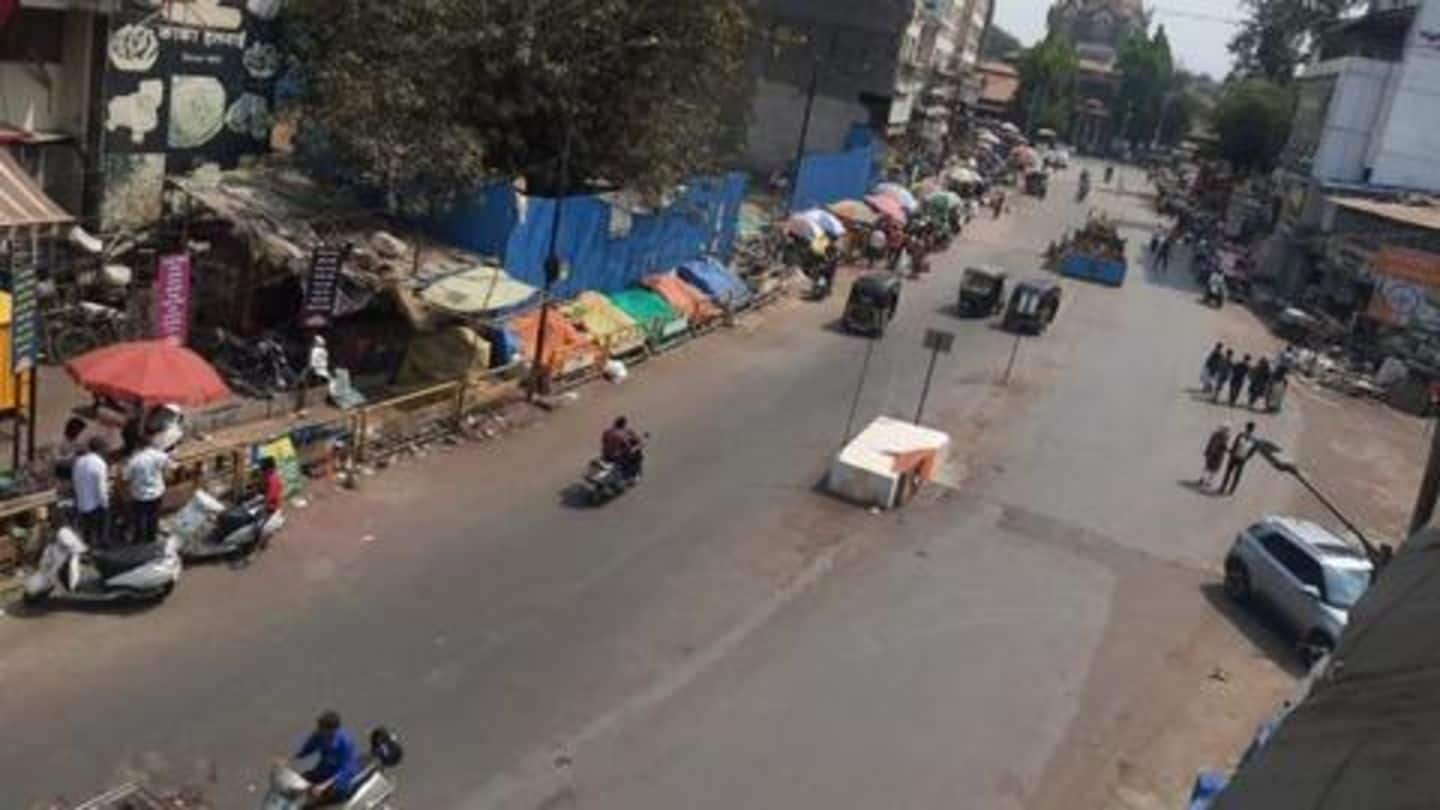
Enforce coronavirus lockdown, take action against violators: Centre tells states
What's the story
Fully aware that only a nationwide lockdown can contain the spread of coronavirus, the government of India has asked states to enforce it diligently and ordered to take legal action against those flouting rules. The order on Monday comes in the backdrop of sweeping restrictions imposed across 80 cities. Some states have announced a complete lockdown till March 31. Here are more details.
Context
Death toll climbed in India, government sprung to action
The novel coronavirus has infected 425 in India and killed eight. On Prime Minister Narendra Modi's request, citizens observed a Janata curfew between 7 am and 9 pm yesterday. But the 14-hour lockdown wasn't enough, prompting states to announce restrictions. Yesterday, Centre and state governments decided to lockdown 75 districts across 22 states, but with more curbs announced by evening, the numbers swelled.
Tweet
Ensure rules and laws are followed, PM Modi told states
This morning, PM Modi tweeted in Hindi that people are not taking the restrictions seriously. "Please save yourself, save your family, follow the directives seriously. I request the state governments to ensure that the rules and laws are followed," he tweeted, and soon, the government took a more stringent tone asking states to take legal action against violators.
Definition
Not everything is shutting down, essential services will remain operational
While the term lockdown has sent panic among many, it doesn't translate to everything shutting down. Essential services like grocery stores, pharmacies, ATMs, petrol pumps, hospitals, and LPG cylinder agencies will remain operational. So will e-commerce of food, pharmaceuticals, and medical equipment. Police, fire services, postal offices will also function, albeit with lesser strength. However, metros and trains have been suspended.
Model
Other countries followed the lockdown model too
Since COVID-19 is a highly contagious disease that spreads through respiratory droplets, people have been asked to stay indoors to minimize the impact. The same was followed at the epicenter of the outbreak — China and Italy, where thousands have died. However, there's a concern that India was "too late" in implementing the restrictions, and that the community transmission of coronavirus has already started.
Fear
Experts welcomed decision, but aren't sure if India bought time
Dr. T. Jacob John, former head of the ICMR's Center for Advanced Research in Virology, warned that India's condition will be worse than Iran or Italy. According to him, India will be overwhelmed with infections by April 15. "The decision to bring life at a standstill is a good decision, but I'm not sure we have bought time for our people," he told ET.
Quote
8 million adults could fall ill, said John
John estimated that 10% of the Indian population would be infected, and of this lot, 8 million adults would be seriously ill. "The figures could be higher unless, with today's nationwide curfew, we actually manage to break the chain of infection," he added.